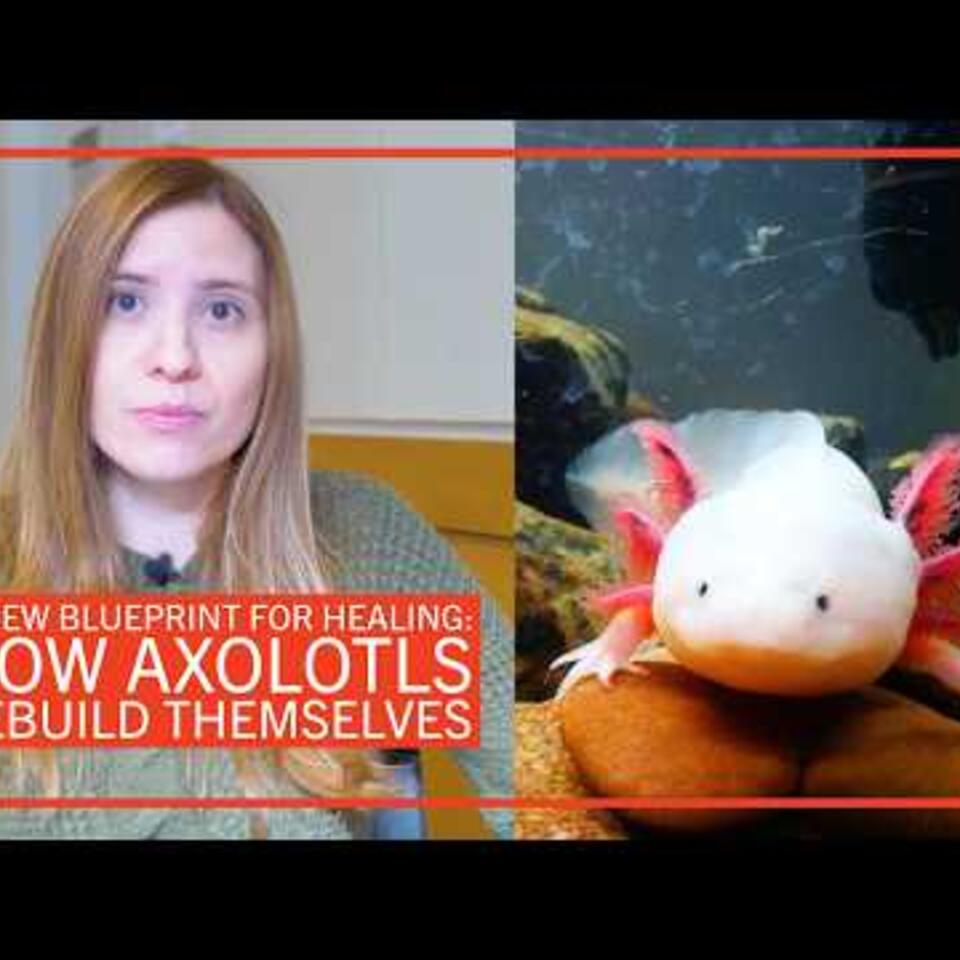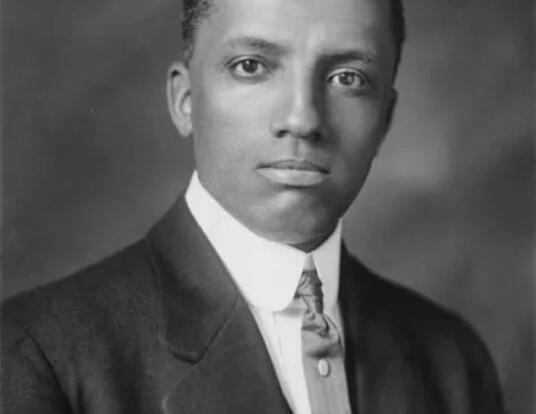Jim Yong Kim: 2025 Centennial Medal Citation
Research at Risk: Since World War II, universities have worked with the federal government to create an innovation ecosystem that has yielded life-changing progress. Now much of that work may be halted as funding is withdrawn. Find out more about the threats to medical, engineering, and scientific research, as well as how Harvard is fighting to preserve this work—and the University's core values.
Jim Yong Kim moves mountains. As a graduate student at Harvard, he co-founded Partners In Health with the late Paul Farmer, MD ’88, PhD ’90, fundamentally and forever changing our sense of what is possible in global health. Through decades of skillful leadership at the highest levels across remarkably varied institutions—including the World Bank, the World Health Organization, Dartmouth College, and the University of Global Health Equity in Rwanda—Kim has driven urgent change in global health and international development, always bending the arc toward greater access and better outcomes for the world’s most vulnerable populations.
Born in Korea, Kim immigrated to the United States as a child—he celebrated his fifth birthday on the plane—and grew up in Dallas, Texas, and Muscatine, Iowa, where he was class president, valedictorian, and quarterback on the football team. He graduated from Brown University in 1982 and was the first student selected for Harvard’s prestigious MD-PhD program in the social sciences, earning his MD in 1991 and his PhD in anthropology in 1993.
Anne Becker, AB ’83, MD ’90, PhD ’90, dean for clinical and academic affairs and Maude and Lillian Presley Professor of Global Health and Social Medicine at Harvard Medical School, was the second student selected for Harvard’s social sciences MD-PhD program, the year before Paul Farmer became the third. “From the get-go, Jim always had a vision for how to take his training in social sciences and medicine and use it to improve the health of communities that were the most underserved in the world,” Becker says. “There were skeptics when Jim and Paul started Partners In Health, but that never slowed them down. They generated experience and evidence so compelling that, finally, the world caught up with them. They changed the way that global health as a field saw its possibilities.”
Joia Mukherjee, MPH ’01, associate professor of global health and social medicine at Harvard Medical School and chief medical officer of Partners In Health, witnessed this transformation firsthand. “Dr. Jim Kim is a visionary,” says Mukherjee. “When I first met him more than 25 years ago, he was confident that our very small project, to treat 75 patients in Peru for drug-resistant tuberculosis, could be a global model. He had the audacity to think that we could apply for a multimillion-dollar grantwith the goal—actually stated—to change the world.”
Mukherjee adds: “As if that audacity wasn’t enough, Jim also had a deep curiosity about market forces and how they could be leveraged to help the poor. By studying patterns of drug sales, patents, supply, and demand, Jim was able to work with generic manufacturers and patent holders to significantly increase the supply of drugs for TB—and prices plummeted. Jim took this insight to the World Health Organization, where he led an ambitious charge to treat 3 million people with HIV by 2005, a goal that at the time seemed impossible. Drugs for HIV were added to the essential drug list, and again prices plummeted, from $10,000 per patient per year to just $60. The campaign was exactly what countries struggling with HIV needed to justify their national plans to treat the disease.”
The scope and scale of Kim’s leadership is vast beyond reckoning. He led—and renamed—the Department of Global Health and Social Medicine at Harvard Medical School, during what Becker recalls as “a golden era for our department.” He served as president of Dartmouth College, founding an influential new program in health care delivery science. He was nominated by President Barack Obama to be president of the World Bank, where Kim prioritized mental health, addressing climate change, and ending global poverty. Today, he brings private investment to international development through Global Infrastructure Partners, serves as chancellor of the University of Global Health Equity in Rwanda, and continues his life’s work with Partners In Health.
Salmaan Keshavjee, ScM ’93, AM ’95, PhD ’98, director of the Center for Global Health Delivery and professor of global health and social medicine at Harvard Medical School, and faculty dean of Adams House, describes Kim as a “phenomenal mentor.” “He thinks outside the box, he’s a clear communicator, and he has a good understanding of the political frame within which health care delivery takes place,” says Keshavjee. “But what makes him a great champion for justice is his moral compass. He taught us to map the politics and understand how to get things done, but also to have the courage of our convictions and to use our position as scholars to lead the field.”
Kim’s MD-PhD advisor was Arthur Kleinman, AM ’74, Esther and Sidney Rabb Professor of Anthropology in the Faculty of Arts and Sciences and professor of medical anthropology in global health and social medicine and of psychiatry at Harvard Medical School. According to Kleinman, “Jim has the quality of the anthropological trickster: a figure in stories and myths who turns things around, who creates new ways. He has taken steps that you just didn’t think were steps anyone could take. He’s magical, Jim. That magic, that transformation—not just transforming himself, but transforming institutions—is astonishing.”
Jim Yong Kim, for your visionary and transformational leadership of institutions with global reach and scope, and for your lifelong dedication to advancing the health and welfare of the world’s most vulnerable populations, we are proud to award you the 2025 Centennial Medal.
Photos by Tony Rinaldo
Get the Latest Updates
Join Our Newsletter
Subscribe to Colloquy Podcast
Simplecast





